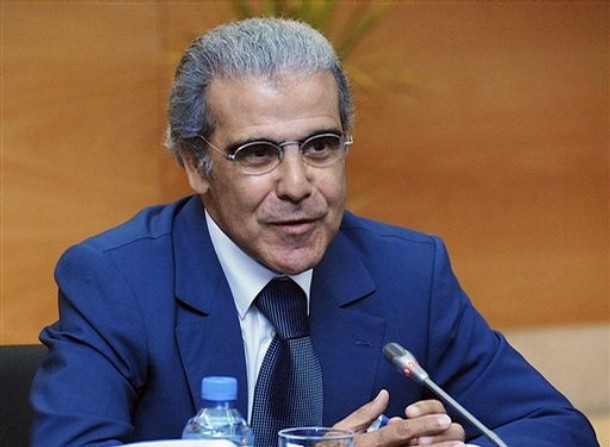
A more flexible currency exchange system for the dirham: Please Mr Jouahri, continue the fight!
What a pity that the Government Council has put an ‘end’ (temporarily?) to reforming the foreign exchange market and the introduction of a more flexible currency exchange system for the